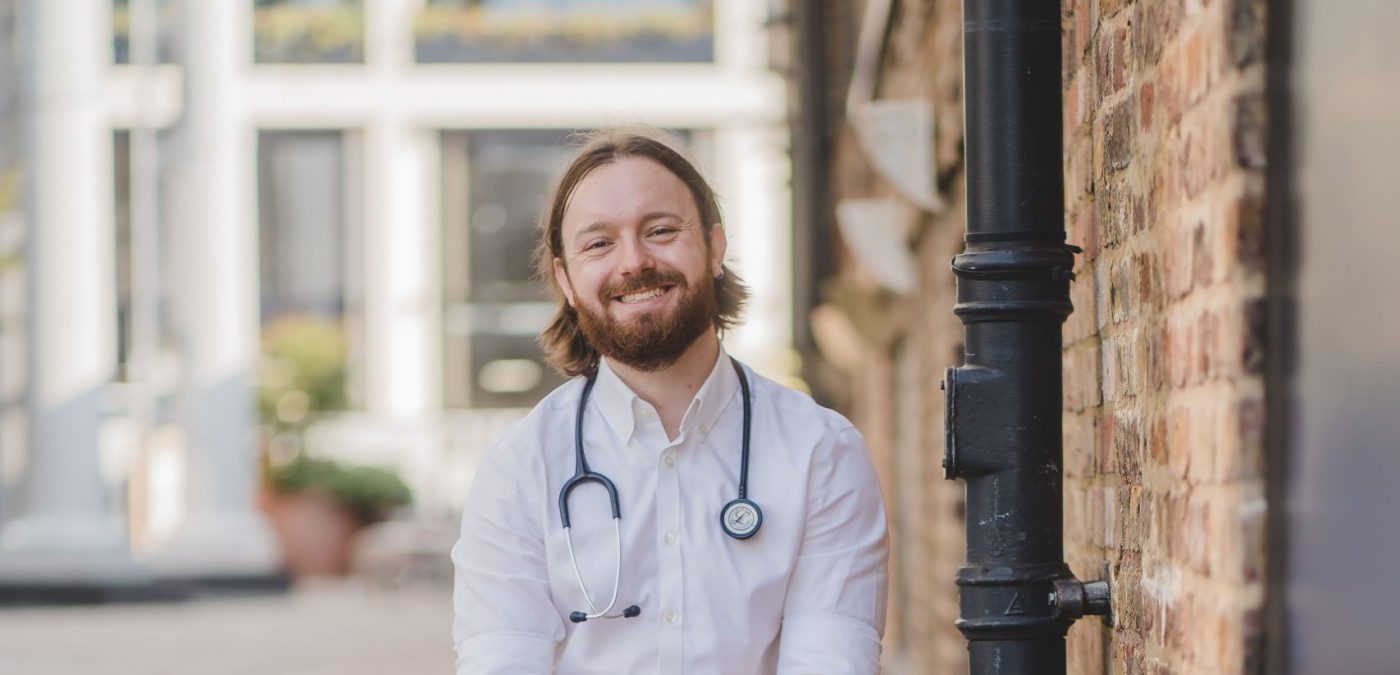The Apps I Use Every Day As A Final Year Medical Student
Hey, friends! In this post, we’re talking about the five apps that I use every day as a final year medical student!
Apps for placement:
The first app is probably the most important app for you to have on your phone as a medical student (and probably as a doctor as well!): the BNF app. The BNF (or the British National Formulary) contains all of the information for prescribing, administering and just about anything you need to know about all drugs licensed by the NHS. It’s updated super regularly by NICE and, by having the app on your phone, you’ve got at your fingertips all of the information you might need. One of the major problems I’ve found is that there is such a variety in how prescribing has to be done in different hospitals. In some hospitals, it’s now all electronic, and everything is done in an app on the computer. You only have to select medications from drop-down menus and have the rest of the information filled in for you. In other hospitals, it’s all paper, and so it relies on the doctor and the pharmacist to check the notes to prescribe safely. If you think about all of the drugs that you might prescribe in a day, or all the drugs that a medical student might be reading from the patient’s notes, that is just a ridiculous amount. It would be impossible to know all of those without looking them up! (Pharmacology is also my weakest subject and so I’m very fortunate that at the press of a few buttons I’m able to access everything I could possibly need to know)
My next most used app on placements is Micro-guide. The different NHS Trusts have their own guidelines for prescribing, their own guidelines for escalating patient care, and their own guidelines for antibiotics. Micro-Guide lets you access the trust specific guidelines for any NHS Deanery. That way you can be sure you are following the correct protocol in your practice. I’ve worked in four different trusts in two years, so having all of this information so readily available is super useful.
Apps for revising:
There are two main ways you’re examined as a medical student. First is written exams, and for me at King’s, those are all multiple-choice. Unfortunately, revising for these has to involve a bit of cramming. For me, cramming means flashcards! I like to make my flashcards in an app called Notion. Notion is also where I make a lot of my notes, and it’s great to have that app on my phone so I can just access anything I might need to know or jot something down.
I also regularly use the Good Notes App on my phone for taking and reviewing notes. I used Good Notes exclusively in the first, second, and third-year to take notes during lectures. It’s where all of my handwritten notes have ended up, so it’s really useful for me to be able to go on there look something up or have a quick read of some lecture slides.
The other way that you’re examined as a medical student is with OSCEs. (That stands for objective structured clinical examinations) These are the practical exams. As a final year medical student, the OSCEs will include an absolutely massive range of different skills that you need to perform. The way that you learn to be fluent in these skills is by practising them on placement. It’s great to have an app on your phone where you can quickly read over what a skill entails before performing it on a patient or in front of a doctor. I love to use the Geeky Medics app for this. Geeky Medics is a website that pretty much every medical student in the country (and probably outside of the country) uses to revise for their OSCEs. They’ve got some great videos on youtube, and their website is set up with OSCE guides. Having the app on your phone means that while you’re walking from the doctor’s office to the patient, you can double-check what you need to be doing!

-
-
3 years
-
Tagged Admissions, Subsection, UCAT